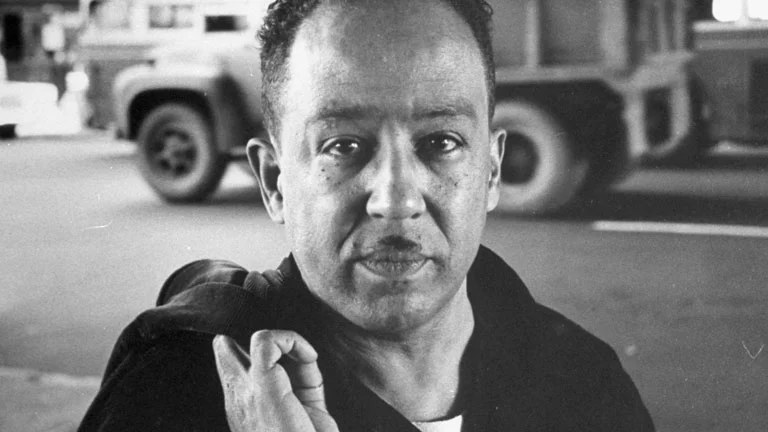Septima Poinsette Clark
1898 - 1987
Septima Poinsette Clark has been consciously objecting, protesting, and resisting since her youth.
Clark is best known for developing and running Citizenship Education Programs (citizenship schools). Clark's schools were established to provide a general political and economic literacy education. Having this education Made more Black voters eligible to participate in the electoral process because they were able to pass the poll test. That was the original intention of the Citizenship Programs.
The program's creation had the goal of building community through literacy and literacy through civic engagement. It was a community building marvel. Classically trained teachers were not always the heads of these institutions. In order for the schools to be effective in their mission of building community and literacy, a fundamental community element was needed.
Community organizers were the heads of the schools. Thus, with women representing many leadership roles in the Black community, the Citizenship Programs had pseudo matriarchal roots. Clark's activism led her to the NAACP, which she joined after World War I. Clark used the NAACP as a tool to pressure Charleston to hire Black teachers in its majority Black schools that previously had white teachers.
In order to quantify the historical importance of the Citizenship Schools, one need look no further than voting policy. If not for Septima Clark's Citizenship Schools, Southern states would have continued to successfully implement poll tests as a means of depressing the Black vote. Clark rightly decided it was time for radical educational activism.
Her Citizenship Programs served three key functions, 1) they were an effective tool in combating Black voter disenfranchisement; 2) they were a means of reversing systemic Black illiteracy, and 3) the Citizenship Program was a brilliant way to strengthen the bonds within the Black community.
Dr. King's popular Southern Christian Leadership Conference eventually facilitated the work of the Citizenship Programs, but these important schools born of political refuge, were the vision and creation of Septima Poinsette Clark.
























